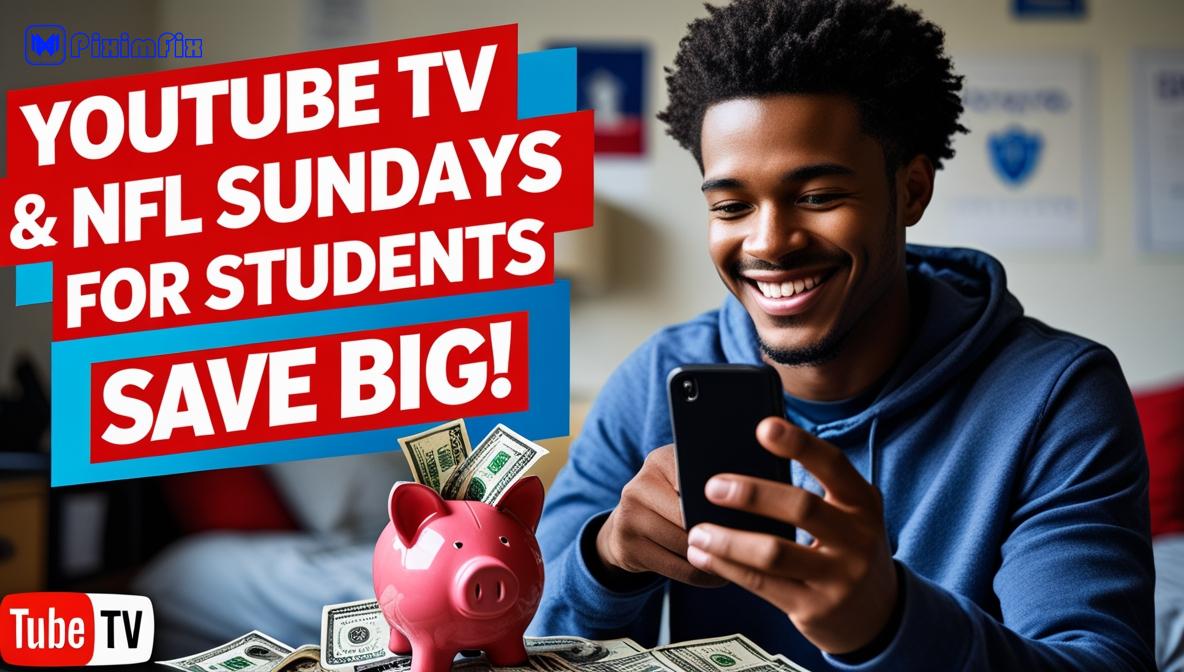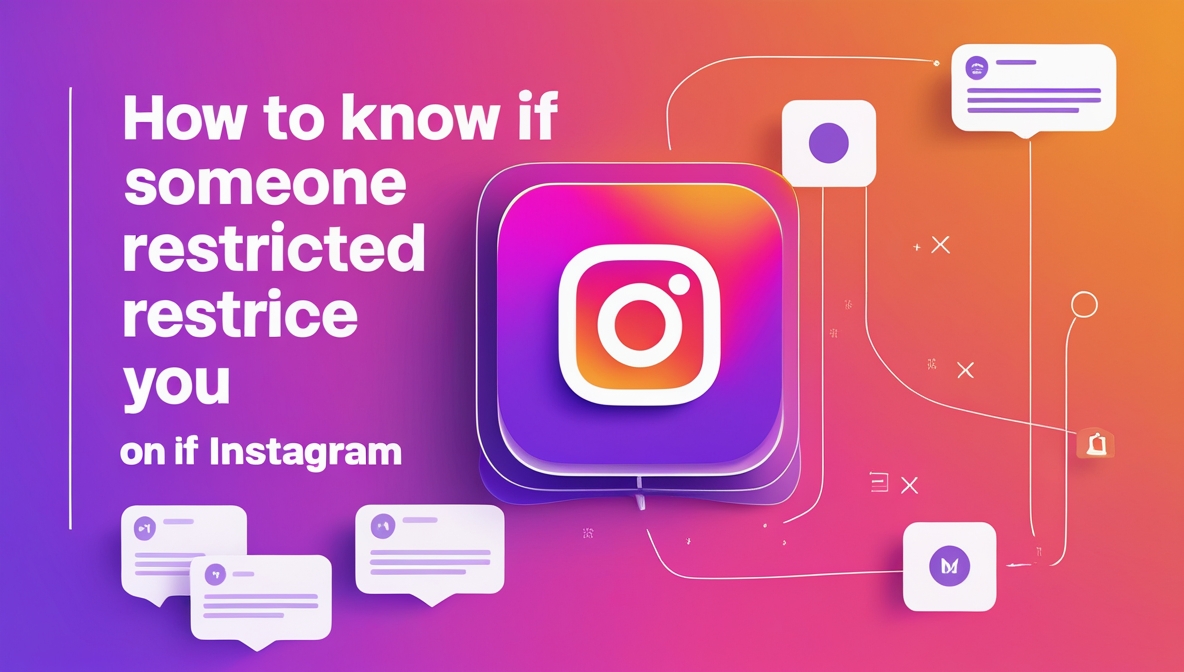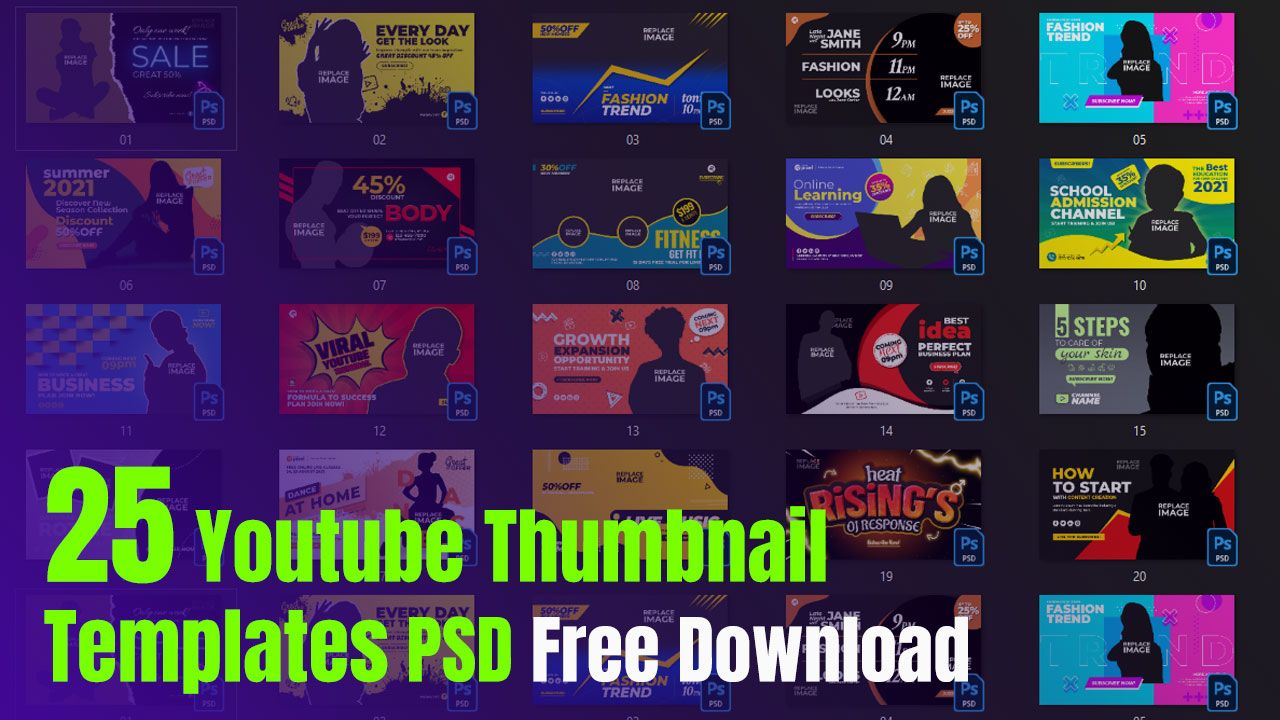YouTube Copyright School answers about Claims of Copyright 2022


Are you wondering what YouTube Copyright School answers are? Are you considering taking the course, but want to make sure it’s right for you? Here are answers to some of the most common questions about Claims of Copyright Infringement, as well as some reasons why you might want to take this course before posting your next video.
How do I know if something has been claimed on my video? How will I be notified of the claim? What happens if my video gets claimed? Are there any exceptions to having claims placed on my videos? What should I do if I receive a claim of copyright infringement? How do I respond to the claim of copyright infringement? Will YouTube terminate my account if they find that I have infringed on someone’s copyright(s)? Can I appeal the decision of terminating my account? Where can I get more information about how to handle copyright claims on YouTube videos?
You’ve watched the claim of copyright infringement strike fear into your heart, and you have no idea what to do next. YouTube Copyright School answers about Claims of Copyright Infringement are here to save the day!
What is Claim of Copyright?
A copyright infringement claim is when someone believes that their copyright has been infringed upon. This can be done by modifying the original content, or by using it without permission. If you receive a notification of an alleged copyright infringement, your video will be removed from YouTube and you will be subject to claims of damages. The only way to restore your video is to file a counter notification. Filing a false notice of copyright infringement is a serious offense and can result in liability for any damages incurred.
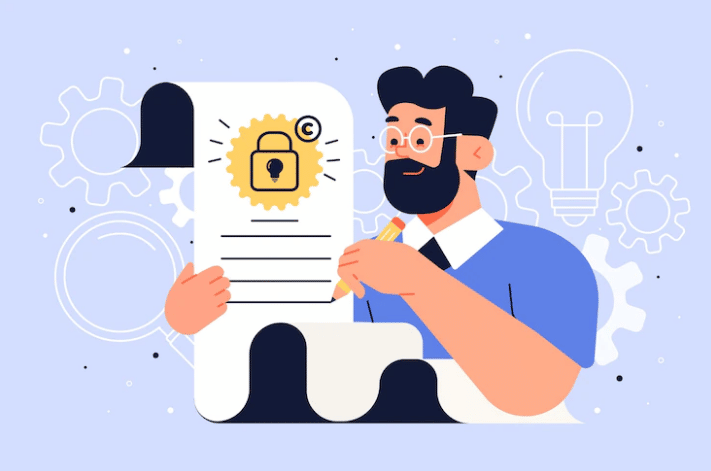
You should not intentionally file a false notification if you are unsure whether something violates your copyright. If you have received a takedown notification, filing a counter-notification is the only possible way to restore your video on YouTube. However, not all notifications are valid.
For example, many people upload copyrighted material as a joke. These videos usually don’t have ads running before them and they don’t make any money off them so there’s no real incentive to report them. Even though they’re infringing against a youtube’s copyright, these videos are generally allowed because they’re just uploaded for fun.
what is YouTube copyright school
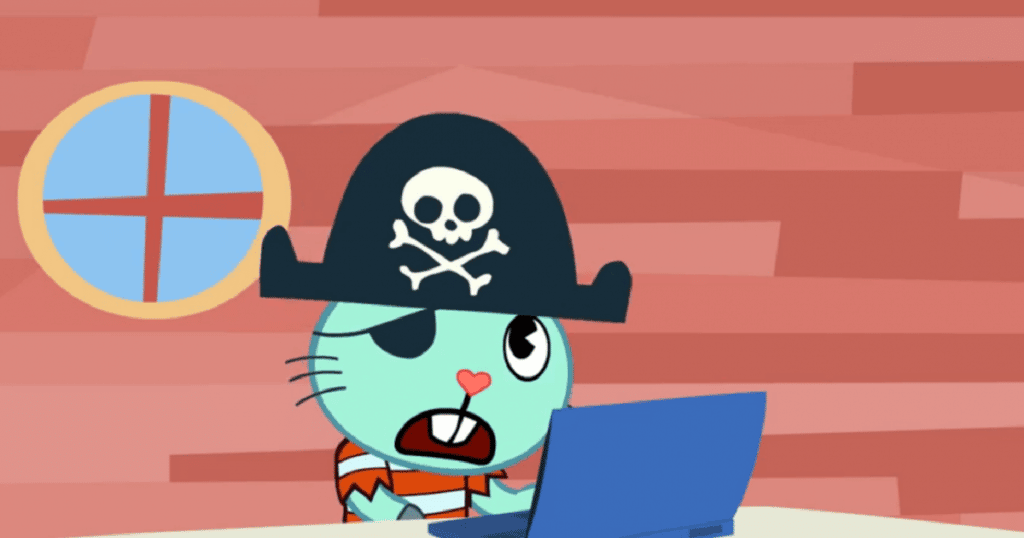
YouTube Copyright School is a course that YouTube offers to help creators understand copyright law. The course is designed to help YouTube creators avoid copyright infringement and is a requirement for all YouTube partners. In the course, creators will learn about copyright law and how to avoid infringing on others’ copyrights. They will also learn what to do if they receive a copyright claim. The course is free and takes about an hour to complete. Once completed, you’ll be notified of any errors in your work so you can fix them before making any more videos. All YouTube creators are required to take this course within one year of joining the Partner Program or accepting certain promotions such as Google Preferred Ads. Creators who don’t take the course within this time frame may lose their eligibility for these benefits.
What can I learn in Copyright School?
You can learn about the basics of copyright law and how it applies to YouTube videos. The course also covers what happens when a copyright holder files a claim against your video. You will learn how to respond to a claim and what you can do if your video is taken down. You will also learn about the penalties you may face if you are found liable for any damages. Finally, you will learn about the only possible way to restore your video if it has been removed due to a copyright claim. If you have followed all the steps in this blog post, then we wish you luck in resolving your copyright dispute!
This course is free and only takes a few hours to complete. It covers a wide range of topics including:
- what are my rights as a video creator
- what constitutes fair use on YouTube
- who owns the copyright when creating an original work
- what are my responsibilities as a content owner?
- how does this relate to Partner Program policy violations?
- do I have recourse against the person who filed false DMCA takedown notices against me?
- what happens when somebody files a DMCA takedown notice against my video?
how do I know if I need permission before using somebody else’s content
What are Claim Of Rights infringements (CFR)?
A CFR is when someone uploads a video to YouTube that contains copyrighted content, such as a song or movie clip, without the copyright holder’s permission. This can happen even if the person who uploaded the video didn’t know that the content was copyrighted. If a video receives a CFR, the copyright holder can file a claim against the person who uploaded it. If the claim is successful, the person who uploaded the video may be liable for any damages incurred by the copyright holder. The only possible way to restore this is to remove the infringing content from YouTube and prevent other videos with the same infringing content from being uploaded in the future.
What are fair use factors?
When a video gets removed from YouTube for a copyright infringement notification, there are four factors that the copyright owner must consider in order to file a successful claim of copyright infringement.
The following is an overview of those four factors:
- Whether You Had Any Knowledge Or Awareness That Your Use Would Constitute An Infringement
- Whether Your Use Harmed The Potential Market For Or Value Of The Copyrighted Work
- Whether You Made Any Changes To The Original Copyrighted Work
- How Much Time Has Passed Since Your Initial Infringing Act
The first factor is basically asking if you had any knowledge or awareness that your use would constitute an infringement, which means uploading it to YouTube with the intention of breaking copyright law. If you did have knowledge or awareness that your use was copyright infringement, then the next two factors are considered more heavily than they otherwise would be
These next two factors ask whether your use harmed the potential market for or value of the copyrighted work and whether you made any changes to the original copyrighted work. For example, uploading a 20-minute version of someone else’s 60-minute lecture slides could harm their potential market for their lecture series because fewer people might buy it after seeing only one hour worth of content on YouTube
If you also modified their slides by cropping them differently so they’re more difficult to read, then this would harm their ability to sell future lectures as well because viewers can’t find what they need on YouTube either.
Continuing down this line of thought, copyright holders are not liable for damages caused by somebody using their work as long as they adhere to these fair use factors when filing a copyright infringement notification. Additionally, the only way to restore lost earnings is through receiving compensation for copyright infringement notifications filed against you.
What happens if my video gets claimed?
If your video gets claimed, it means that someone has infringed on their copyright and YouTube has received a notice of alleged copyright infringement. Your video will be removed from the site and you will be liable for any damages. The only possible way to restore your video is to file a copyright infringement notification with YouTube.
false notices of alleged copyright infringement can be filed and these notifications are not always legitimate. It’s important to keep this in mind when uploading videos just for fun or if there’s no potential revenue involved. You don’t want to lose your hard work because someone else wants credit for it.
What are my rights as a video creator?
When you create a video, you own the copyright to that video. However, if you use someone else’s copyrighted material in your video without their permission, you could be liable for any damages that result from that infringement. If your video is removed from YouTube due to a copyright claim, the only possible way to restore it is if the claimant retracts their claim.
What if someone claims that my video is theirs?
If someone files a copyright claim against your video, you could be liable for any damages that result from the claim. YouTube will take down your video and send you a notice letting you know that a claim has been filed. If you believe the claim is not valid, you can file a counter notification with YouTube.
The only possible way to restore your video before the counter notification is processed is to reach an agreement with the claimant. If this doesn’t happen, then you may need to hire a lawyer or do so on your own in order to get the video restored. Keep in mind that the more videos you have taken down by copyright claims, the harder it will be to defend yourself if another one is reported.
Can I use copyrighted music on my video if I add my own voice over it?
No, you cannot. If you use copyrighted music on your video without the copyright owner’s permission, you could be liable for any damages that result. Additionally, YouTube may remove your video from the platform and terminate your account if you continue to upload videos that violate copyright law.
The only possible way to restore your account would be to submit a counter notification to YouTube claiming that your video does not infringe on any copyrights. However, even after submitting this form, it can take up to 10 business days before YouTube reviews the claim and decides whether or not to reinstate your account.
What happens if my video has been claimed by another channel?
When your video is claimed by another channel, that means they are claiming copyright ownership of your video. This can happen if they manually claim your video or if YouTube’s Content ID system finds a match for your video. If your video is claimed, you will not be able to monetize it or run ads on it. The only possible way to restore monetization is to file a dispute with the claimant. If you win the dispute, you will be able to monetize your video again. However, if you lose the dispute, you will not be able to monetize your video and you may be liable for any damages that occur as a result of the dispute.
What happens if my video has been monetized by another channel?
If your video has been monetized by another channel, you may be liable for any damages that result from the unauthorized use of your copyrighted material. The only possible way to restore monetization to your video is to file a copyright claim with YouTube. When you submit a claim, YouTube will review the video and determine whether or not it violates YouTube copyright policies.
If YouTube find that the video does not violate YouTube policies, we will reinstate monetization on the video. If the video does violate YouTube policies, then the user who uploaded it will have their account suspended until they remove all of your copyrighted content from their videos.
What Happens if a person claims one of my videos but I have rights in it?
When a person files a copyright claim on one of your videos, YouTube removes the video from your channel. If you believe that you have the rights to the video, you can file a counter notification with YouTube. If YouTube receives a valid counter notification, they will restore the video to your channel. The person who filed the original claim will also be notified that you have filed a counter notification.
If they do not file a lawsuit within 14 business days, the video will stay on your channel. However, if they do file a lawsuit, you could be liable for any damages that they incur as a result of the removed video. If this happens, your only possible way to restore the video is by showing in court that you either created or own all necessary rights in it.
What is an example of when I might want to use Fair Use? In some cases, you may want to include copyrighted material in your video because it’s relevant and doesn’t distract from the point of the work. For example, including clips from recent films in reviews discussing those films may fall under fair use because it provides context for your audience and does not take away from the film itself.
Another instance where fair use might apply is satire: parody that offers commentary on public figures like politicians and celebrities may include copyrighted materials such as music videos and movie clips without infringing copyright law. If I am using someone else’s song in my video, what should I know? It is important to consider whether or not the song has been officially released before uploading it to YouTube. Some artists choose not to release their songs publicly until a certain amount of time has passed. As soon as the song is released, there are legal consequences for anyone who uploads it before then (unless they get permission).
What other benefits come with YouTube Copyright School? You’ll gain access to exclusive courses on Google Docs, finding quality sound effects and music, optimizing video descriptions and titles, choosing good thumbnails, establishing best practices for content creation scheduling, earning money through ads and subscriptions – these are just some of the benefits you’ll find inside!
50 Best free ebook download sites without registration 2022
3 ways to add rain effect in photoshop
All the correct answers to the questions of YouTube Copyright School 2022
What are the answers to commonly asked questions about YouTube Copyright School and claims of copyright infringement? Here’s what you need to know, in Q&A format.
pro tip
To rapidly search for the question you’re searching for, use the “Find” function on your desktop computer by pressing CTRL + F, or “Find in Page” on your mobile device.
q1. all uses of copyrighted content without the permission of the owner are considered copyright infringement.
False
(There may be protections (such as fair use or fair dealing) in certain jurisdictions which allow for the use of portions of a copyrighted work without the permission of the original owner.)
q2. anyone can issue a copyright claim on behalf of someone else.
False
(Only the copyright owner or an authorized representative can issue a copyright claim for their content on YouTube.)
q3. as long as i have purchased the content in question, it is not possible for me to infringe copyright by uploading it to youtube.
False
(Purchasing a copy of any media (such as a song, movie, or videogame) does not necessarily give you the right to upload it to YouTube.)
q4. as long as you have modified the original content in some way, such as in a remix, it is always a fair use of copyrighted material and you cannot be subject to claims of copyright infringement.
False
(Determinations of fair use must take into a number of considerations, including the purpose and character of the work, the nature, amount, and substantiality of the copied work, and the effect on the original work’s value.)
q5. content that was once allowed by a content owner may be subsequently removed from YouTube.
True
(Owners can change their minds about how their content is displayed on YouTube. For this reason, creating completely original content is the best protection against copyright infringement claims.)
q6. copyright infringement can result in:
All of the above
(There can be serious consequences for infringing copyright.)
q7. copyright infringement is a serious offense and violation of the law may have significant consequences.
True
(If you are found liable for copyright infringement, you can face serious legal consequences, including significant financial penalties.)
q8. copyright infringement occurs when a copyrighted work is ________ without the permission of the copyright owner:
All of the above
(Copyright protects each of these individual rights; reproduction, distribution, performance and public display.)
q9. copyright protection is only given to major film, television or recording corporations who pay for the privilege.
False
(Anyone can produce an original creative work, which will be automatically protected by copyright once it is in some fixed (written down, recorded) form.)
q10. creating 100% original new content for youtube will help to protect you against claims of copyright infringement.
True
(If you aren’t copying anyone else’s work, you have nothing to worry about!)
q11. deleting a video that was removed for copyright will get rid of the associated copyright strike.
False
(Deleting an infringing video will make no difference on the strikes and other penalties on your account.)
q12. “fair use” is a legal defense that applies in all countries.
False
(Only some jurisdictions have copyright provisions protecting “fair use.” If you are uncertain as to whether a specific use qualifies as a fair use, you should contact a qualified copyright attorney.)
q13. if a video gets removed because of a copyright infringement notification, filing a counter-notification is the only possible way to restore the video.
False
(You may reach out to content owners and come to an agreement that they will retract their claim of copyright infringement. Should a claimant contact YouTube directly with a retraction, YouTube will be able to reinstate video content almost immediately.)
q14. if content is available on the internet, it is in the public domain and therefore okay to upload to youtube.
False
(Just because something is available on the Internet does not mean that it is in the public domain.)
q15. if i intentionally file a false notice of alleged copyright infringement against a youtube video (just for fun, or to cause trouble), i could be found liable for any damages caused.
True
(Abuse of the copyright process is taken very seriously. The law allows users harmed by fraudulent copyright notices to sue the claimant for damages.)
q16. if someone alleges that you have infringed their copyright and you are certain that this is not the case, you may:
File a counter-notification
(If you believe your content was misidentified as infringing (as the result of a mistake or misidentification of the material claimed to be infringing), you may file a counter-notification.)
q17. if someone alleges that you have infringed their copyright, you will receive a notification:
Both A and B
(If one of your videos is removed as the result of a copyright infringement notification, you will receive notice in your account the next time you log in to YouTube. You will also receive an email at the address associated to your account.)
q18. if the original creator of the copyrighted work has died, the work is no longer protected by copyright.
False
(Copyright protection can continue even after the creator’s death.)
q19. if you are found to be a repeat infringer, you could lose your youtube account.
True
(Users suspended for copyright infringement are forbidden from opening new accounts)
q20. if you claim fair use in the video description, your video can’t be considered copyright infringement.
False
(Fair use cases can only be determined in court. You should seek legal advice from a qualified copyright attorney for help determining if your use of copyrighted material could be considered fair.)
q21. if you misuse youtube’s counter-notification process:
Both A and B
(Misuse of the counter-notification process can have very serious consequences.)
q22. in order to determine whether specific copyrighted content is authorized to be used on youtube, you should upload it to your account and wait for the content id system to block any unauthorized content.
False
(It is your responsibility to know whether you have the right to upload content to YouTube before uploading it.)
q23. it is impossible for a remix or mashup to infringe copyright.
False
(Remixes and mashups can be considered derivative works under the law, and you may need permission from the original content creator to remix or mashup their content. Not all remixes are protected by fair use.)
q24. it is okay to upload an entire cartoon episode without the authorization of the copyright owner as long as i’m just sharing it with my friends, family and fans.
False
(You must have the appropriate rights to upload content to YouTube, regardless of who you share it with.)
q25. it’s fine to use someone else’s content as long as it already appears on youtube.
False
(Sometimes a copyright owner will authorize use of specific content on YouTube. If you are unsure if you have that permission, you should not post the content.)
q26. it’s possible for music to have more than one copyright owner.
True
(For example, the copyright to a particular piece of music may be owned by the songwriter, the performer, the producer, a record label, a publisher, or a combination thereof.)
q27. the following item is protected by copyright:
Your original YouTube video
(Copyright protects works that are original, creative, expressive and fixed.)
q28. the following item(s) may be protected by copyright:
All of the above
(Copyrighted works include music, photographs, paintings, books, films and video.)
q29. the following items are not protected by copyright:
People
(People are not protected by copyright.)
q30. the following things are copyrightable: names, places, faces and spaces.
False
(In order for something to be protected by copyright, it must be creative, expressive, unique and fixed in some form.)
q31. you should ask youtube for permission to use other users’ content from the site.
True
(YouTube cannot grant the rights to any screenshots or footage of third-party content on the site.)
How can I avoid getting claims in the future?
There is no one-size-fits-all answer to this question, as the best way to avoid copyright claims will vary depending on the type of content you create and where you share it. However, some tips to help avoid claims include understanding copyright law, using only original content or content with permission from the copyright holder, and being careful not to use copyrighted material in a way that could be considered infringing.
If you do receive a claim, don’t panic! YouTube’s Copyright Policy provides a process for resolving claims. The claimant should provide information to YouTube about the violation and any damages they’ve incurred (e.g., lost advertising revenue). You may then make a counter-notification in response if you believe your video does not violate copyright law, though keep in mind that if a court decides otherwise, you’ll be liable for any damages incurred by the claimant (e.g., lost advertising revenue). The only possible way to restore your video at this point would be if both parties agree to settle their dispute outside of court.
Where can I learn more about copyright laws in the U.S.?
You can learn more about copyright law in the U.S. by taking YouTube’s Copyright School course. In this course, you’ll learn about the basics of copyright law and how it applies to YouTube videos. You’ll also learn what you can do if your video is claimed by someone else. By the end of the course, you should have a good understanding of copyright law and how it affects your videos on YouTube.
However, you are liable for any damages that arise from content on your channel. It’s important to know that there is only one way to restore content removed because of an infringement claim: filing a counter-notice with YouTube. The process for submitting a counter-notice varies depending on which country you live in so make sure to read the instructions carefully before submitting one.




